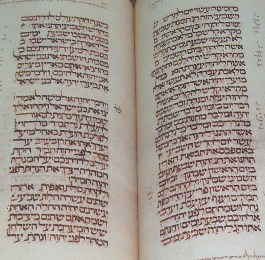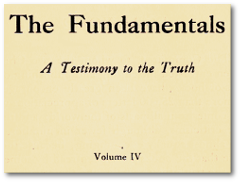 The place of genealogies, numbers, and parallel passages in the King James only debate
The place of genealogies, numbers, and parallel passages in the King James only debate
“Things that are different are not the same.” So says the title of Mickey Carter’s book advocating the exclusive use of the King James Bible. This sentiment is a fair summary of the mindset of most King James only (KJO) advocates. The differences between Bible versions demand a judgment. Which Bible is right?
Troubled by differing Bible versions, many sincere Christians seek for answers. One side affirms that no doctrine is affected by the relatively minor differences between Bible versions. The message is the same, but finer points and particular details may be slightly different. A typical KJO position jumps in and says this can’t be right. Verbal inspiration is useless without the preservation of those very words of God. In fact, we need to know each and every word, in order to live (Matt. 4:4). All differences, even word order and spelling differences, matter (Matt. 5:18). Differing versions cannot both claim to be translations of the perfect, inspired Word of God.
On the face of it, the KJO argument makes sense. When we’re speaking about the Bible, shouldn’t every little difference matter? Some respond with manuscript evidence that calls into question the choice of the King James Bible as a perfect standard. Others have shown that the various proof texts for word perfect preservation don’t actually promise a single, identifiable, word-perfect copy of the Bible. And prior to 1611, where was such a copy to be found, anyway?


 [node:22019 collapsed body]
[node:22019 collapsed body] The place of genealogies, numbers, and parallel passages in the King James only debate
The place of genealogies, numbers, and parallel passages in the King James only debate
Discussion